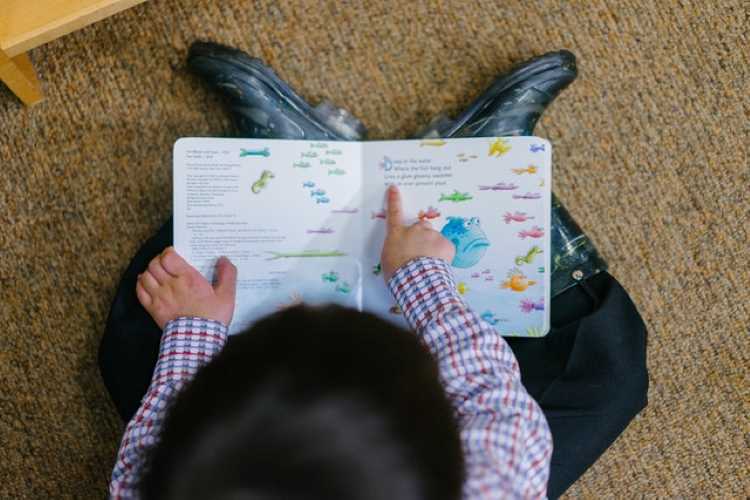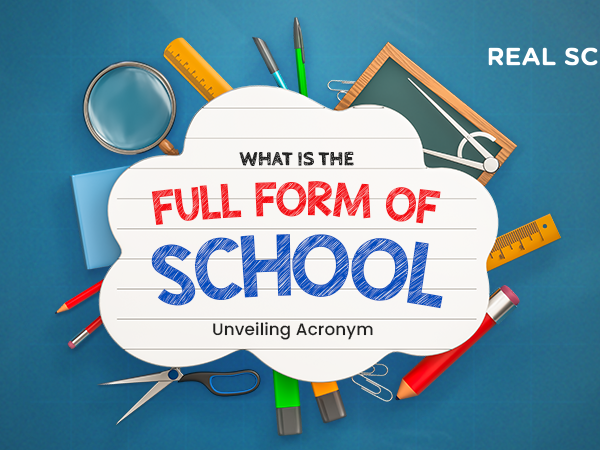When learning to read, listening and comprehension are just as critical as deciphering what is written on the paper. By listening to stories, children are exposed to a wide range of vocabulary. This helps them increase their vocabulary and improve their listening comprehension, all of which are crucial while learning.
It’s also important that they understand how stories work. Even if your child does not comprehend every letter, he or she will be introduced to new sounds, words, and phrases, which they will mimic. They read several books to learn about people, cultures, and activities outside of their own lives.
Continue reading to know more about story reading for kids.
Also Read: Activities to Improve Communication Skills in Kids: How Can Games Improve Communication Skills?
What Do You Mean by Storytelling?
The term “storytelling” tells it all. Sharing tales is what storytelling is all about. It’s all about using stories to enthral the viewers or clarify something. Photos, videos, and video, of course, both aid in telling a good story. With the help of storytelling, you can also build your multimedia narrative.
Storytelling has long been a means of communication. People used to tell each other stories before they learned to write. Clear truths are far more difficult to recall than stories.
Stories are also entertaining because they inspire imagination. That is why parents tell stories to their children. That is why we enjoy watching movies and reading books. People adore stories; in reality, they are addicted to them.
How is Storytelling Important for Kid’s Development?
Reading skills are essential for a child’s academic success because they enable them to access the entire curriculum while also developing their communication and language skills. Reading can also be a fun and imaginative experience for children, allowing them to explore new worlds.
Several studies have shown that storytelling has a wide range of effects on child development due to its learning capacity. As a result, teachers and parents have a rare opportunity to ensure that storytelling is a part of children’s daily lives.
Let’s look over the importance of storytelling for kids.
1. Cognitive Development with Others’ Assistance
In terms of intellect, reasoning, language production, and information processing, cognitive development refers to how we interpret and learn about our environment.
Storytelling to children gives them a deeper understanding of their environment and helps to fill their minds with background information. They then use this context information to make sense of what they see, hear, and learn, which helps them improve their cognitive abilities.
2. Empathy Instruction
When we read a novel, we immerse ourselves in the narrative. When we learn about other characters’ lives and can connect with their feelings, we can gain empathy. Children will then use their knowledge to empathize with others in the real world.
Furthermore, children will develop a better understanding of feelings, which will aid them in understanding their own and others’ emotions. This has a significant impact on their social growth.

3. Getting a Better Understanding of What’s Going On
A book can transport us to another city, a different country, or even a different planet. A child learns about objects, places, and activities that they would not have learned otherwise by listening to a book. This allows children to gain a better understanding of the world around them as well as cultures other than their own.
4. Partnerships are Being strengthened
If a parent reads the story with their child regularly, their relationship with them will certainly improve. Storytelling allows parents to have a routine and mutual activity that both the parent and the child will look forward to. It also gives children feelings of attention, love, and reassurance, all of which are essential for nurturing and well-being.
5. Enhancement of Literary Abilities
Even if they don’t fully understand what you’re doing, reading aloud to young children gives them the skills they’ll need when they start reading on their own. It teaches kids that reading is accomplished by focusing from left to right and that turning pages is essential to keep going.
Even in the earliest months of a child’s life, storytelling to them will help with language learning and stimulate the portion of the brain that processes language.
6. A Wider Range of Terminologies
Hearing words spoken aloud will introduce children to new vocabulary and phrases that they may not have encountered otherwise. Storytelling to a child every day will help them learn new vocabulary.
7. Increased Concentration Levels
Reading aloud to a child regularly will help them concentrate better. It will also assist a child with learning to sit still and listen for long periods, which will be beneficial to them in school.
8. Increased Levels of Imagination and Creativity
When we read a novel, we must rely on our imagination to picture characters, visualize their settings and environments, and guess what will happen next. To learn about other people, locations, activities, and times, we must use our imagination.
As a result, as children use the ideas in their minds to inform their work, their imaginations become more formed, leading to greater creativity.
Also Read: Teaching Kids about Communication: How to Improve Communication Skills In a child?
How Can Parents Tell Stories to Kids?
The more a child is told stories to and the more they read on their own, the happier they will become. Practice makes great, and the more a child reads, the greater their academic performance and social skills, such as empathy, would be.
storytelling aloud is a fun activity that both parents and children should participate in. Furthermore, it is an activity that teachers enjoy and should promote regularly, both at school and home.
When you tell stories to your child at home, you are supplementing what they learn in school while still providing one-on-one guidance that the classroom cannot provide. Find the following to have good and fruitful storytelling sessions:
1. Begin When They are Young
A child will look at pictures and listen to your voice even when they are very young. Read aloud to your kid, pointing to the pictures on the page and naming the things you see. This gives your child two types of information: a basic understanding of real-world objects and an appreciation for the value of language.
Even if your child can read independently, you can read aloud to them together for practice.
2. Make it a Habit
Make an effort to read to your child every day and in a consistent manner. Include this in your and your child’s everyday routines before it becomes second nature to them, much like brushing their teeth. Pick out stories to read for kids what they like.
However, if you miss a day, don’t be discouraged; simply resume your daily routine when you have time.
3. Encourage Variety
As much as possible, try to vary the books you read to your boy. This will expose them to a variety of environments, cultures, and characters, allowing their imagination to grow and flourish.
4. Be Patient
It’s easy to forget what it was like to be that age and who we were. We take reading for granted as adults, but remembering how little a child knows makes it easier to be gentle with them. For instance, how can a child learn to read from left to right unless you point to the words as you go? How are they supposed to know that each scribble on the paper is a word? If they don’t understand, take your time and be patient.
5. Continue the Conversation
Try continuing a story with your child after you’ve finished telling a story to them. You might ask them questions about what they’ve just read, depending on their age. “Did you like that story?”, “Who was your favourite character?”, and “How do you think the prince ended up happy?” are some examples.
However, don’t feel obligated to do so for every story you hear. Even without the discussion, if your child likes the novel, he or she will grow a love of reading.
Also Read: How Activity-based Learning Helps the Student? Why is it Important?
Conclusion
You will play an important role in sustaining your child’s interest in reading, whether they are learning to read for the first time or are experienced readers. Find out what they are interested in, help them choose books that will be stimulating and exciting, and spend time reading the books they bring home from school together.
You can make a significant impact! Parents should recognize the value of reading and be the most important educators for their children – even more so than their teachers – and it’s never too early to begin reading together. You can also look it up on the internet to explore some short storytelling stories for kids.
The information presented above will provide you with the necessary information to assist you in helping you know the importance of reading for kids.
Hopefully, you find this knowledge useful, and if you have any more questions, please let us know in the comments section below.







